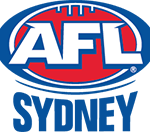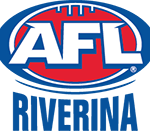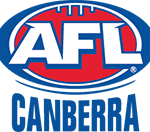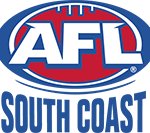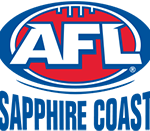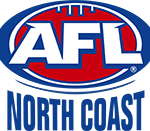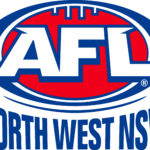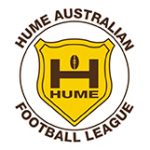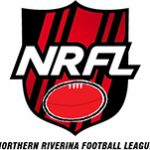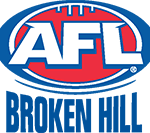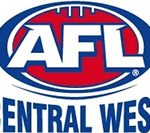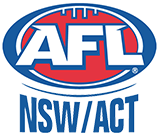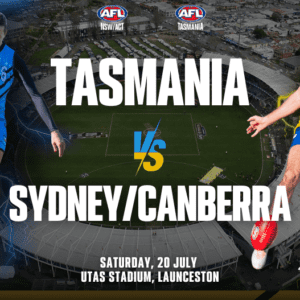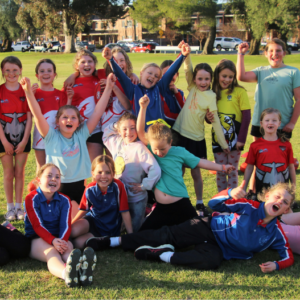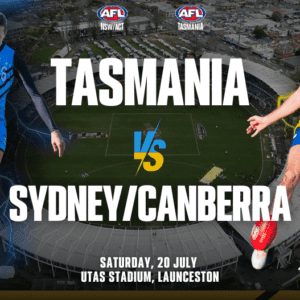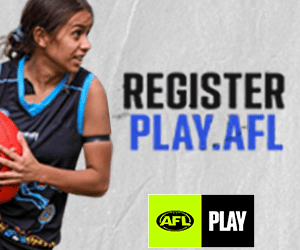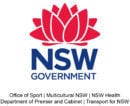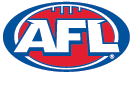Brett Kirk’s world tour
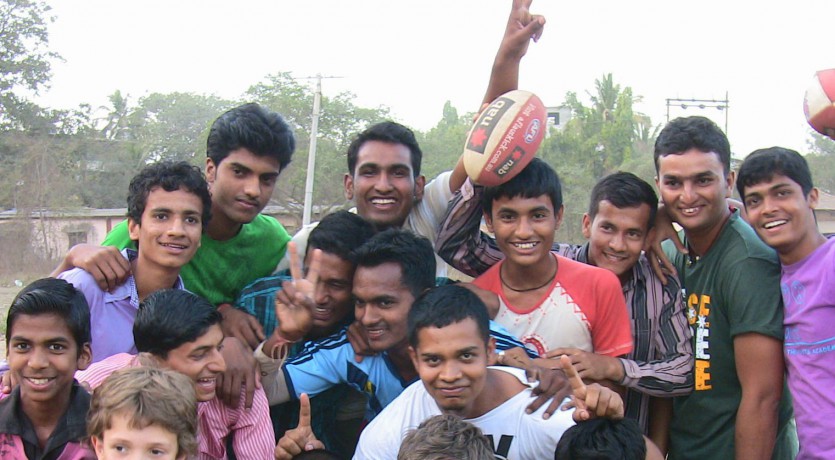
First and foremost, how was Captain Kirk’s Odyssey?
It was an incredible journey. To be able to share it with my family and to be able to showcase what footy’s doing overseas was just an incredible thing to be able to do. When I finished playing football, I always talked about going on an adventure and to be able to do that and still be connected to footy was amazing. To see the passion and the love for the game outside our country really blew me away.
Was there a country or an experience which particularly touched you?
I think two places in particular really touched me. Firstly, in South Africa, getting involved with Footy Wild over there, which is like Auskick.
One afternoon in a township, that’s where all of the footy is played in the townships in South Africa – the kids have absolutely nothing there’s lots of poverty – we were out on a dirt track, the sun was beating down, some kids had no shoes and shirts on and we started doing some training drills.
All of a sudden, in the middle of a training drill, the kids started singing and dancing during this training drill. Straight away I was drawn into it and started dancing.
My heart was pumping and I just thought this is what footy’s all about, obviously having fun, but also giving these kids an escape and hope.
The second place was in Israel being involved with the Peace Team. When you think about what footy can do, this is two nations at war that are coming together to play football.
They’re not only coming to play together but also to confront issues that they’re facing and learn about other people. Some of the comments the players made was incredible.
One player said: “If the world was one big footy field, everything would be OK.”
Another one said: “It’s actually a real person now I relate to, it’s not just reading something in the newspaper or watching on television.”
Here’s an Israeli talking about someone from Palestine who before this team was put together he just didn’t know anything about. His whole concept was through the media – which can paint people a certain way.
Do you think the Peace Team is making a difference for not only the players but for the broader community in Israel and Palestine?
I definitely think initially it changes the way these individuals think but there’s also the ripple effect. I met two brothers who are part of the Israeli army and they talk about the conversations they now have with other soldiers.
I know there’s some real confronting things going on at the moment but I think something like the Peace Team will have a great effect – sport is that universal language and it’s incredible what it can do and how it can bring people together.
Were there places you visited where you believe AFL could really take off?
The place which comes to mind straight away is South Africa because of the amount of kids playing and the type of athletes they are.
In America and Canada also, who grew up with ice hockey and gridiron. I spoke to a lot of people who said ice hockey is a very similar game in terms of being free-flowing and a contact sport.
Again, you’re looking at these guys who are 6′ 4, 6′ 5 athletes who can run. You just need to get a footy in their hands at a young age. Some comments I can remember listening to is people saying ‘everyone’s a quarter-back when they play footy because everyone’s involved in decision making.’
One guy in particular who played college ball but has just started picking up AFL said he wished he knew about footy when he was a teenager because his goal would have been to play in the AFL.
Here’s a guy who is 6′ 5, 100kg-plus and a vertical leap over one metre. The other place would be New Zealand just because the proximity of it; they’re a three-hour flight from Melbourne, there’s 3 million people and the Kiwis have a great heart and determination when they play any sport.
In the last two years, they’ve put a lot of effort and work into kids. There’s 30,000 kids now participating in programs within two years. It just shows you how quickly something like that can happen with effort.
What was the response to the game by people who hadn’t seen it before?
Most of the people I came in contact with were people who have converted to the game and had already fallen in love with it.
They’d found it through all different modes, whether it was a friend, catching it on television at 2am on ESPN, or on the internet. There was one guy I met who started AFL in Portugal who found it through an old Playstation game.
He’s become a real historian of the game and knows all the teams and players. In Finland, one of the guys said it’s the ‘fastest game on grass’ which is a great comment. I met people who had already come in contact with the game but their passion, love and dedication is amazing.
The International Cup is fast approaching, from your experience training with a lot of the teams, how are they going to go while in Australia?
I’m really looking forward to the International Cup. It really shows what footy can do in terms of bringing people together, no matter your race, religion or culture.
For them to come to Australia where the game originated is priceless. A lot of them have talked about travelling to the home of footy and being able to go to a game.
The tournament has grown to 18 countries competing in the male competition and for the first time there’s going to be five teams competing in the women’s competition.
I’m really looking forward to connecting back up with these countries that I either played or coached with. I really encourage people to go out and watch a game.
When you listen to the stories behind how people got involved it’s something that people will really enjoy.
How is AFL perceived in different places around the world?
It’s really just a blip on the radar because soccer is the national sport or gridiron or ice hockey. We need to tap into a way to create awareness if we really want to grow the game.
At the moment the game has probably grown organically through people just finding the game through some kind of means or an expat who wants to stay connected to footy.
There are many possibilities though. Who knows long term where this may go but it would be great one day for Australia to be playing another country in AFL.
How significant is the International Cup for participating countries?
A lot of people I spoke to said it’s the proudest moment of their lives to play for their country. A lot of them never thought they’d be able to wear their national colours. So it’s a really big honour for them. They train really hard as well. It means a lot to them.
On a personal level, how was it stepping outside the realms of AFL and the Sydney Swans to travel the world?
I lived a very structured and routine life for nearly 12 years so to step out of that and to travel the world was very unpredictable at times and you had to go with the flow.
Saying that, I really enjoyed it, but after six months I was looking for a bit of normality. I did miss footy which is only going to be natural, it’s always going to be in my veins. The camaraderie at a footy club and the exhilaration winning close games is something that I will always cherish.
What’s on the horizon for captain Kirk?
I don’t exactly know at the moment. I’m involved with the International Cup and the Toyota AFL Finals and then I’ll work out what’s next. I’ve just got to work through which direction I go. I really enjoyed my role with the AIS in terms of mentoring the kids coming through the system and preparing them for the AFL.
The AFL International Cup will be held from August 12 to 21 in Sydney and will finish in Melbourne on August 27. All IC matches are free for the public. For all of the fixtures, news and results visit www.ic11.com.au or follow on Facebook (AFL International Cup) and Twitter (@aflic11).
